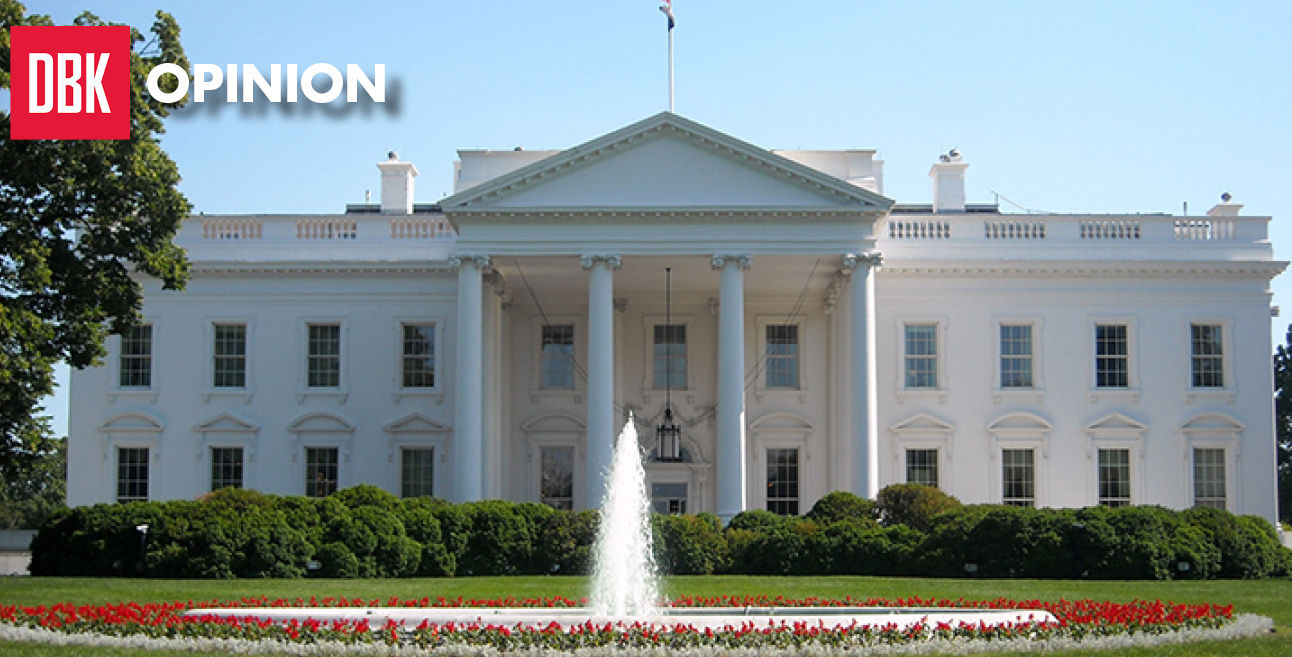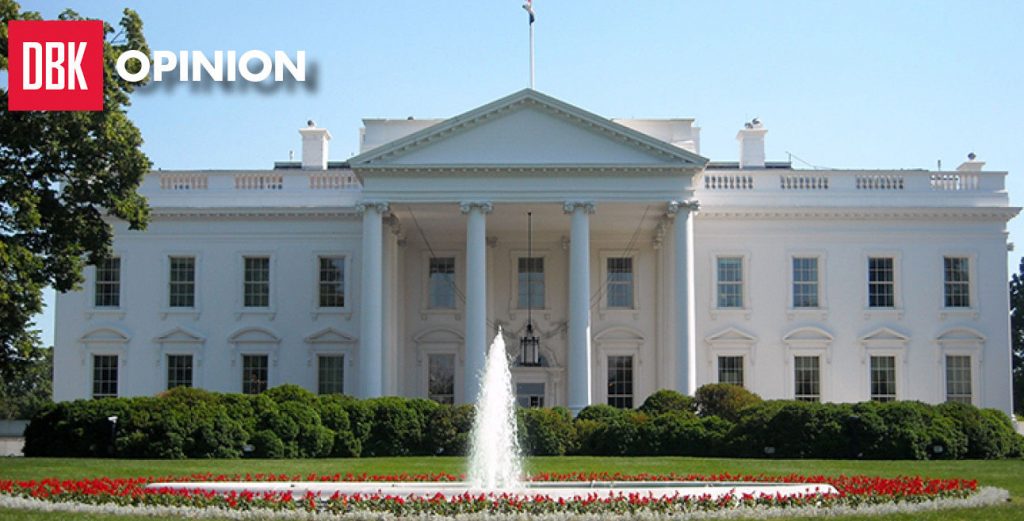On Thursday night, President Obama decided to issue an executive order allowing many undocumented families and children to remain in the country without fear of deportation.
There is nothing inherently wrong with Obama’s new immigration policy. In fact, it is a necessary policy that should’ve been carried out years ago. These immigrants who are hard-working members of society deserve a chance in this country, and now they will finally have it.
What concerns many people is how Obama plans to implement this new policy. The president is essentially breaking a tradition of legislative understanding and order between Congress and the presidency through executive overreach. While executive orders are legal, this move might mark a transition away from the unison between the two branches.
Proponents of Obama’s move might argue that executive actions have been issued by presidents in the past. For instance, Abraham Lincoln’s Emancipation Proclamation and Franklin Roosevelt’s internment of Japanese-Americans. What makes these executive orders different from Obama’s is the context in which they were issued.
These two orders were issued when the U.S. was in a state of emergency, allowing the president to make decisions based on his role as commander in chief.
President Obama’s unilateral action with immigration, on the other hand, is another story. This is not a result of a state of emergency, nor is it a byproduct of congressional directives.
Obama is essentially bypassing this underlying understanding of the constitution and extending the limits of his presidential powers.
What makes this so dangerous and upsetting is because his action creates a precedent for future presidents. Now, whenever a president is frustrated with Congress and meets with gridlock, such as with this issue of immigration, they will have more confidence in implementing an executive order.
While this may be helpful in passing legislation, this executive order is still out of impatience and breaks the premise of the Constitution. The so-called equal sharing of power between the branches of government will no longer be in effect.
As a result of this precedent, the biggest concern is what could happen to health care policies when a Republican president comes into office. They could reform the policies with Congress, but if there is a deadlock, the president could ignore the implied limits to his power and change the health care policies himself. Such a back-and-forth flux would impede any genuine progress.
It will be interesting to see how Congress and future presidents react to Obama’s precedent.
While the action is necessary, it is the wrong way to implement such a policy.
Sauradeep Sinha is a sophomore chemical engineering major. He can be reached at ssinhadbk@gmail.com.





